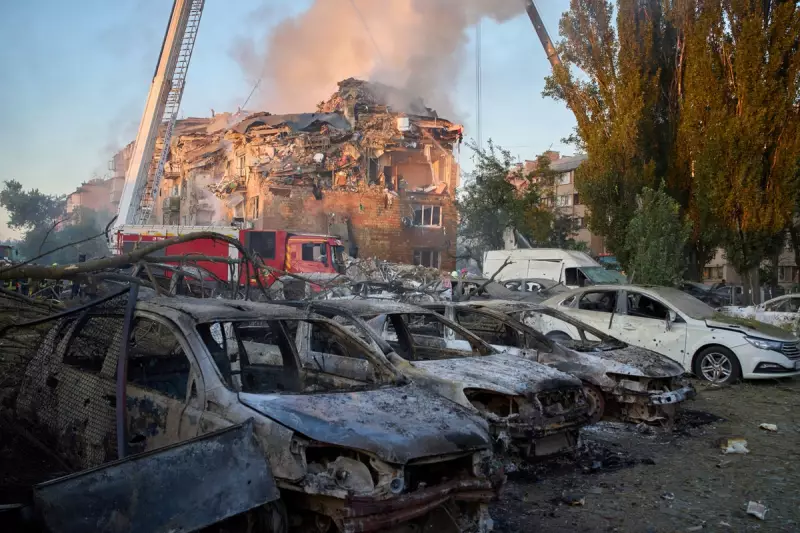
In a revelation that has sent shockwaves through diplomatic circles, former US President Donald Trump allegedly told European leaders he would explicitly encourage Russia to attack any NATO member nation failing to meet defence spending targets.
The incendiary comments, reported from high-level discussions, threaten to undermine the very foundation of the Western military alliance and have been met with alarm by current and former officials.
A Chilling Warning to Allies
According to sources, Trump recounted a conversation with the head of a "large country" who asked if the US would still protect them from a potential Russian invasion despite not honouring their financial obligations. Trump's alleged response was blunt and confrontational: "No, I would not protect you. In fact, I would encourage them to do whatever the hell they want."
This stance represents a radical departure from decades of US foreign policy and the core principle of collective defence—Article 5—upon which NATO was founded.
Immediate Condemnation and Deepening Anxiety
The report has triggered swift and severe condemnation. The White House labelled the comments "appalling and unhinged," warning they endorse behaviour that threatens national security and could lead to needless loss of life.
NATO Secretary General Jens Stoltenberg issued a forceful rebuttal, stating, "Any suggestion that allies will not defend each other undermines our security." He emphasised that such rhetoric only serves to put American and European soldiers at greater risk.
Emboldening Putin's Campaign in Ukraine
Analysts fear that Trump's rhetoric, even as a private citizen, provides a significant boost to Vladimir Putin's ongoing war in Ukraine. By signalling a potential US withdrawal from its NATO commitments, it strengthens Putin's strategic position and could prolong the devastating conflict.
The timing is particularly sensitive as Ukraine struggles with ammunition shortages and waning Western financial support, making the steadfastness of the NATO alliance more critical than ever.
This story continues to develop as world leaders grapple with the potential implications for global security and the future of international diplomacy.





